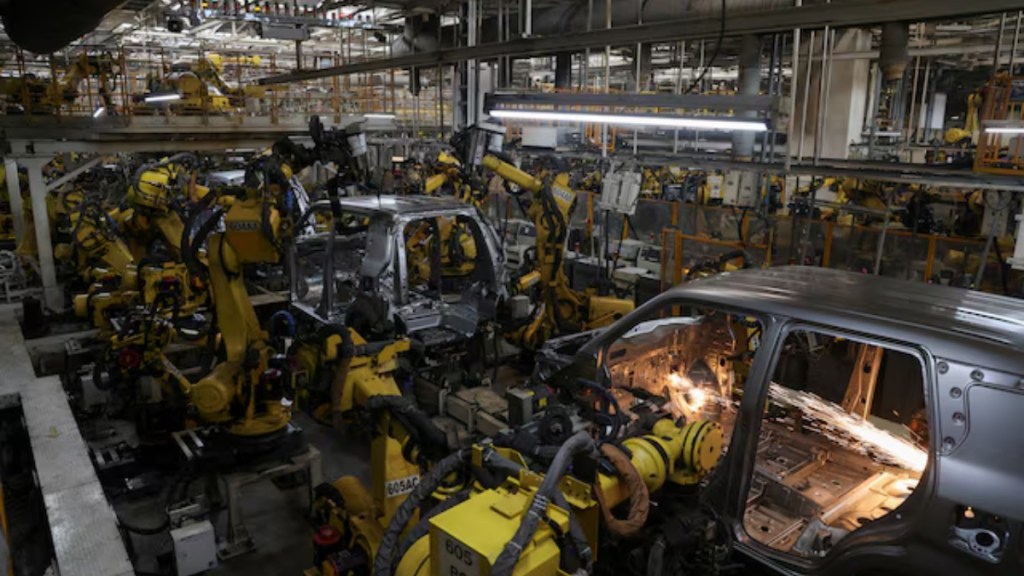Auto and auto components industry players on Thursday urged the ministry of heavy industries to open the rare earth magnet production incentive scheme to more than just two firms, arguing that limiting participation could hurt growth and innovation. Companies that took part in the consultations included JSW Group, Kalyani Group, Mahindra Group, Sona Comstar, Midwest Advanced Materials, Entellus, and Proterial.
Current proposed scheme
The proposed Rs 1,350 crore scheme, which is still under inter-ministerial consultation, currently proposes support for only two manufacturers, public or private, for undertaking end-to-end production of magnets from rare earth oxides. Industry executives said this approach could lead to excessive concentration and prevent the development of a broader domestic ecosystem.
Executives present in the meeting said the consensus was clear that restricting the scheme to two players would narrow the base of domestic capabilities and hamper efforts to reduce reliance on imports. Instead, a wider set of beneficiaries would be better placed to build capacity across the value chain.
Rare earth magnets
Rare earth magnets are essential components in electric vehicles, electronics, defence systems, and renewable energy technologies. With global demand for permanent magnets, particularly neodymium and samarium-cobalt, on the rise, industry representatives said the government should use this opportunity to lay the foundation for a competitive manufacturing base in the country.
Several participants pointed out that other countries, including Japan, South Korea, and the US, have already moved to strengthen and diversify their rare earth supply chains. In contrast, India risks missing out unless it adopts a broader and more inclusive policy framework.
An industry executive said allowing more firms to participate would not only encourage technological advancement and attract investment, but also help smaller companies scale up and compete. A multi-player approach, they added, would support innovation and make the sector more resilient.
Participants also sought clarity on eligibility norms, investment thresholds, and offtake guarantees under the scheme. These details, they said, would help potential applicants assess feasibility and commit to long-term investments.
While the ministry of heavy industries has held talks with industry, officials said no final decision has been taken yet on the number of firms to be supported. “So far, only industry representations have been heard. There is still a need to consult the departments concerned. We are working on that. Any decision will be taken only after due diligence by all stakeholders,” an official said.
The scheme will be reviewed by departments including mines, atomic energy, IREL, and Niti Aayog before it is finalised.

